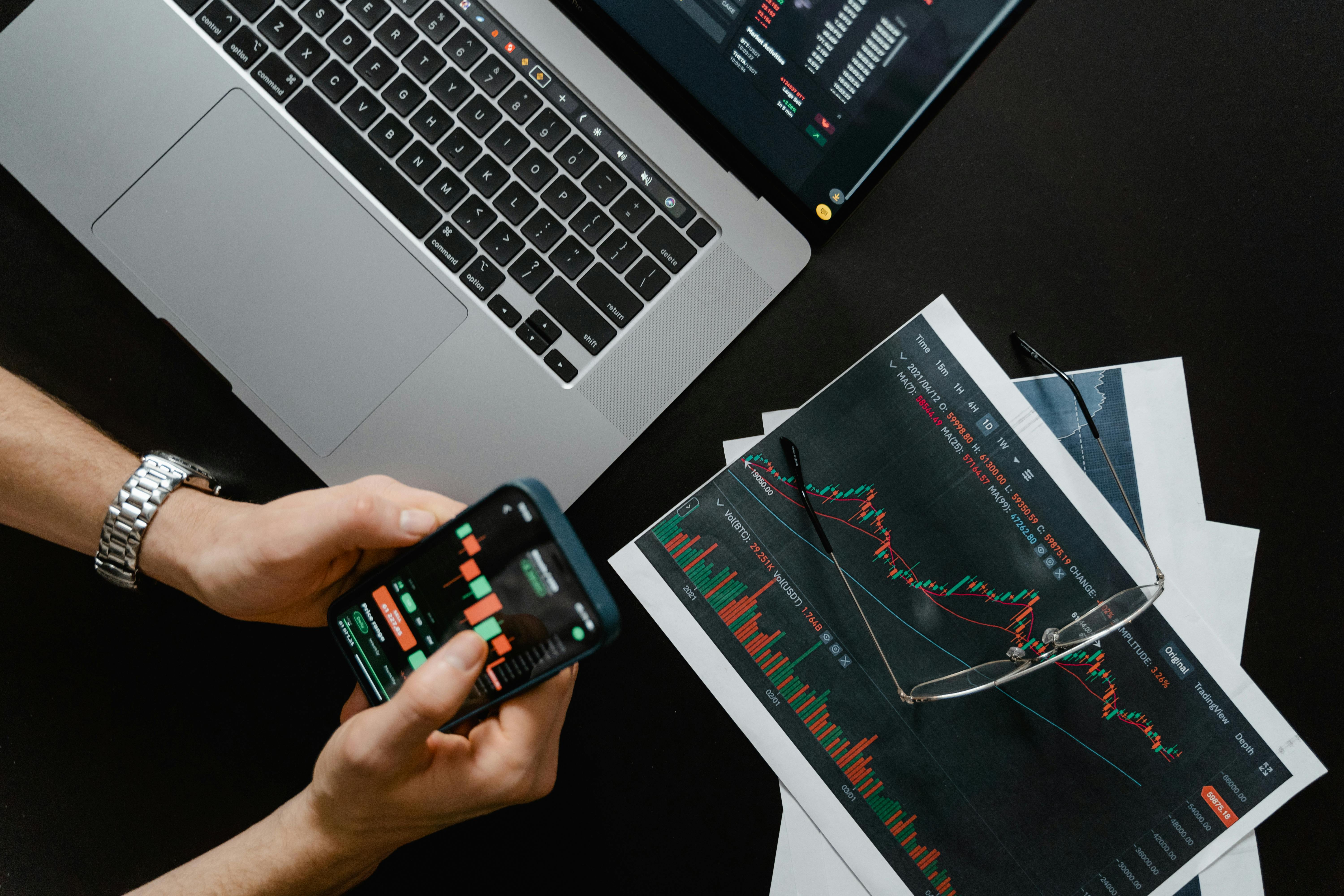
Decentralized Autonomous Organizations (DAOs): A Comprehensive Technical and Legal Guide
Decentralized Autonomous Organizations Explained
Understanding the Core Concept of DAOs
Decentralized Autonomous Organizations (DAOs) represent a groundbreaking paradigm shift in organizational structure, leveraging blockchain technology to create transparent, democratic, and programmable governance models. Unlike traditional corporate entities, DAOs operate through smart contracts deployed on blockchain networks, primarily Ethereum, enabling collective decision-making without centralized management.
Technological Architecture of DAOs
The technological infrastructure of DAOs relies on sophisticated smart contract frameworks that encode governance rules, voting mechanisms, and resource allocation protocols. These self-executing contracts eliminate intermediaries, ensuring that organizational decisions are implemented automatically based on predefined rules and community consensus.
Legal Frameworks Across Jurisdictions
The legal recognition of DAOs varies significantly across global jurisdictions. In the United States, regulatory frameworks remain complex, with most DAOs operating in a quasi-legal gray area. Conversely, jurisdictions like the Cayman Islands and Swiss Confederation have developed more progressive regulatory environments that accommodate blockchain-based organizational structures.
Comparative Legal Landscape
| Jurisdiction | DAO Legal Status | Regulatory Approach |
|---|---|---|
| United States | Limited Recognition | Evolving Regulatory Framework |
| Cayman Islands | Supportive | Flexible Corporate Structures |
| Switzerland | Progressive | Blockchain-Friendly Legislation |
| British Virgin Islands | Emerging | Developing Regulatory Clarity |
Top DAOs in 2024
-
Maker DAO A pioneering decentralized lending protocol managing the DAI stablecoin ecosystem, with over $8 billion in total value locked.
-
Uniswap The leading decentralized exchange protocol enabling permissionless token swapping, with substantial governance capabilities.
-
Aragon A comprehensive DAO infrastructure platform providing governance toolkits and framework development resources.
Technical Challenges and Innovations
DAOs face significant technical challenges, including scalability limitations, security vulnerabilities, and complex governance mechanisms. Advanced cryptographic techniques and layer-2 scaling solutions are continuously addressing these constraints, enabling more robust and efficient decentralized organizational models.
Economic and Governance Implications
The economic potential of DAOs extends beyond traditional organizational structures, enabling global, permissionless collaboration, transparent resource allocation, and novel economic coordination mechanisms. By removing hierarchical barriers, DAOs democratize decision-making processes and create more inclusive economic participation models.
Future Technological Trajectories
Emerging technologies such as artificial intelligence, advanced cryptography, and cross-chain interoperability are expected to dramatically enhance DAO capabilities. Machine learning algorithms could potentially optimize governance mechanisms, while improved consensus protocols will address existing scalability and efficiency challenges.
RWA.codes Expertise
As blockchain and decentralized technology specialists, RWA.codes provides comprehensive consulting services for organizations exploring DAO implementations. Our expertise spans technical architecture design, smart contract development, legal compliance strategies, and governance framework optimization.
Data Insights
DAO Market Statistics (2024)
- Total Value Locked: $15.3 billion
- Registered DAOs Globally: 6,500+
- Average Participant Engagement: 37% per governance proposal